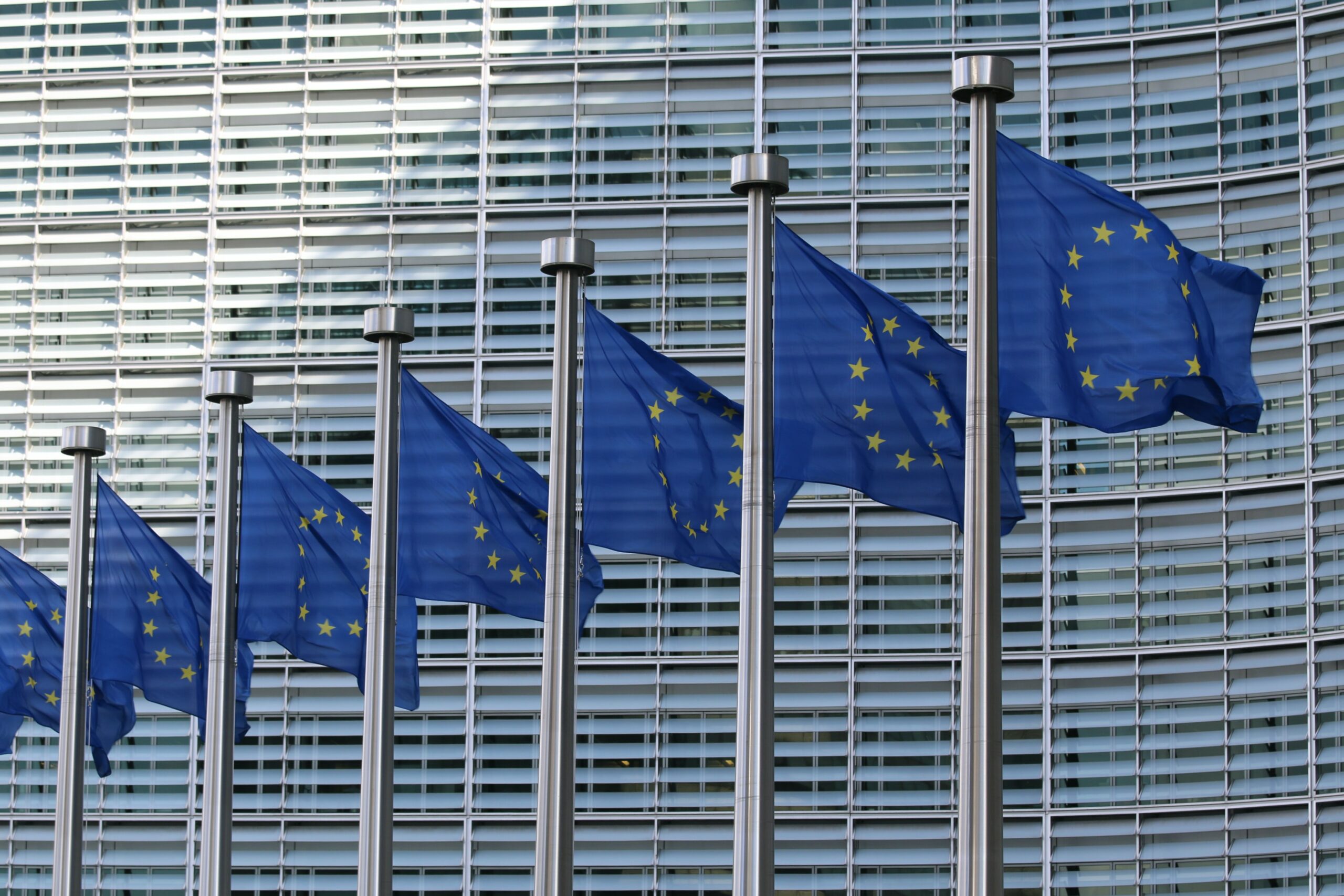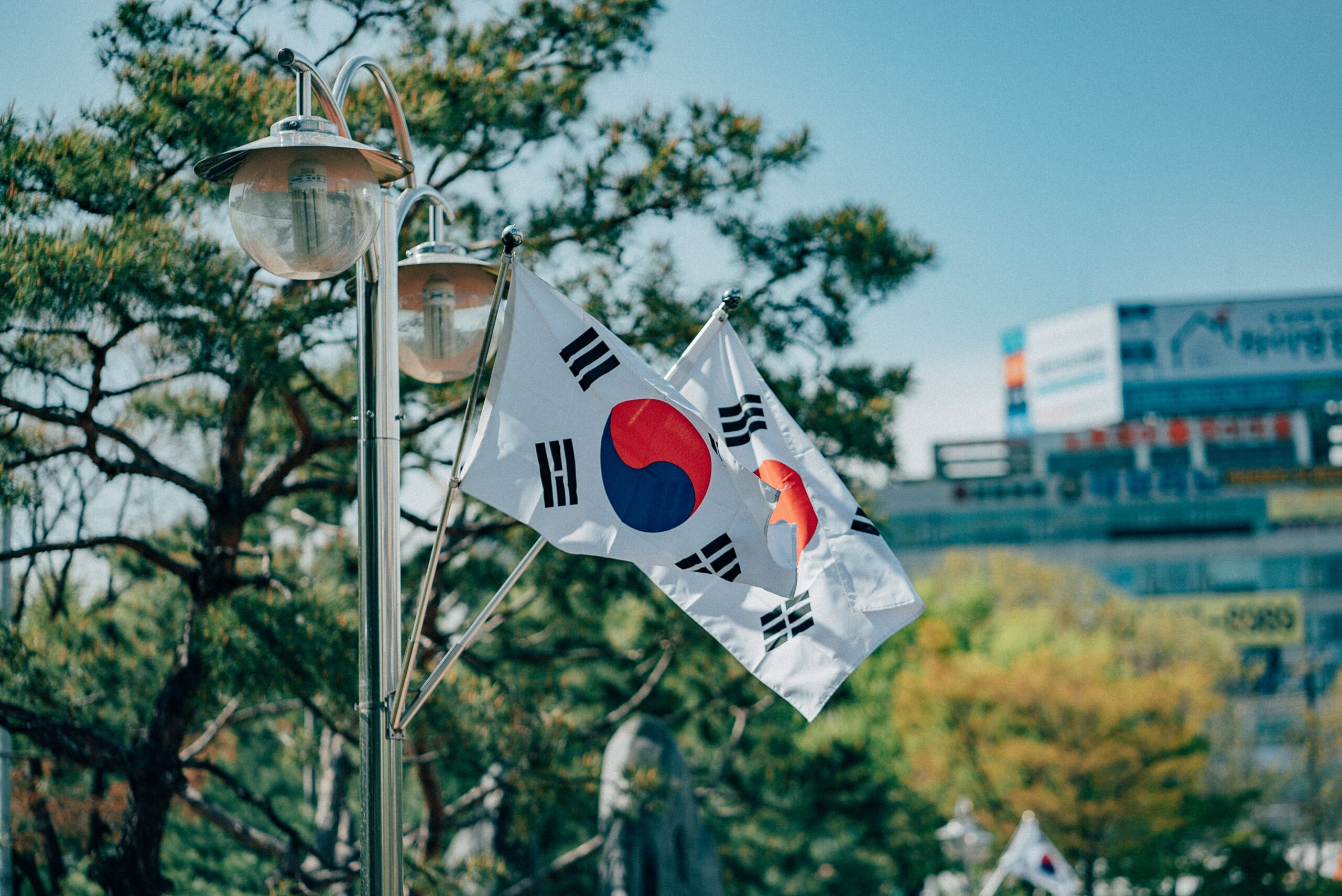
The deal between the European Union and South America is a controversial topic. Despite the strong opposition, this bilateral agreement might be a great opportunity for European GIs. The European wine GI's could gain a better protection in the future in South America, regarding their intellectual property rights.
Jus Vini n°1/2023 has some originality regarding its leading article. A. Ribeiro de Almeida's initial contribution found an answer in B. O'Connor's article. While both texts are dealing with GI's on a European level, the opinion of both authors is different.
In order to allow the largest plurality of opinion, the Editors thought to present both articles in the same issue of Jus Vini. The aim is to have a debate. You can read the abstract of both article below:
THE FUTURE OF GIs IN THE EUROPEAN UNION (DO THE PROPOSED CHANGES REPLY TO THE CHALLENGES AND ISSUES THAT GIs FACE TODAY?)
A. Ribeiro de Almeida
Abstract: The European Union is drafting a reform of the legal framework for geographical indications. The role the European Union Intellectual Property Office will play in this reform as well as the competences to be retained by the European Commission are not yet clear. However, a major change in the political understanding of the role of GIs under European Union policy can be expected; not only the role of GIs but also their legal understanding – for those that still comprehend GIs as public goods – may follow another path. There also seems to be a move from a quality policy to a sustainability policy, which will represent a new challenge for the GI producer groups. Some of the changes that are foreseen seem to be inspired by the future regime of non-agricultural GIs. GIs face a new challenge for the future, especially concerning the prerequisites for the recognition of a GI producer group.
OBSERVATIONS ON THE COMMISSION PROPOSAL TO REFORM THE EU RULES ON GIs FOR WINE, SPIRIT DRINKS AND AGRICULTURAL PRODUCTS
B. O'Connor
Abstract: This article examines the provisions on geographical indications in the European Commission's proposal to replace the 2012 EU Quality Regulation. It was written before the proposal was subject to detailed examination in the European Parliament and the Council. The article argues that the proposal is a missed opportunity to create a single instrument, like for all other forms of intellectual property, for geographical indications as such, and the need to better explore the concept of the link between a product's characteristics or qualities or reputation and its origin. The proposal does not give sufficient weight to the role of consumers and the wider society in preserving the cultures and traditions that this form of intellectual property seeks to protect.

A modernised version of the agreement between the EU and Chile was enforced. Not only does it increases the number of wine and spirit that fall under the bilateral agreement, it also strenghten the commercial relationship between the two parties.

2023 is the year the 3 500th Geographical Indication has been registered. The number is significatif and a good reprensentation of the tendency of protecting IP rights for agricultural products.

The protocol of negociation of a bilateral trade agreement includes the possibility to add new products to be protected under the agreement. This is precisely what happened regarding the agreement between EU and Korea.

A lot of circonstances, including Brexit and climate change might lead the UK in the registration of more GIs and PDOs in the nea future. This summer, a new PDO for wine has been registered under the name "Sussex". This registration follows the new protocol intended by the new UK GI scheme.

The New-Zealand Foreign Affairs and Trade Ministry just released a draft of an ongoing negociation for a Trade Agreement with the EU. As of yet, the Agreement offers to recognize and protect more than 2 000 european GI's.
Find the Agreement on NZ's Foreign Affairs and Trade website.
The OIV pursue its work on defining and promoting appellations of origin and geographical indications on an international level. During the last General Assembly, the definition of AO and GI have been revised to take in consideration the promotion and protection of those concepts.
EUIPO presents a short video about the protection of GIs in China. The subject is dealt with Mr. Massimo Vittori and presents the situation of GIs protection from a producter's persepective.
Cambodia inogurated the Lisbon Agreement's Geneva Act by registering the first geographical indication through the Lisbon System.
© 2025 Wine & Law Program — Université de Reims